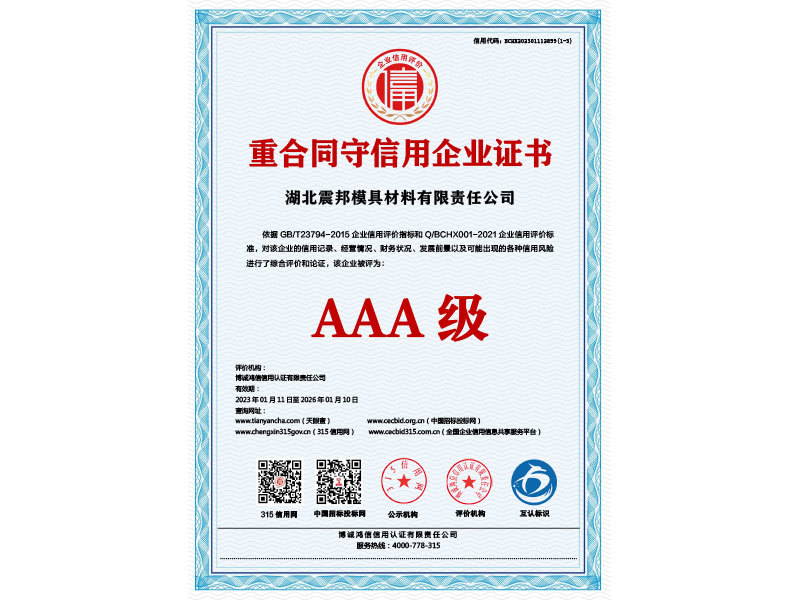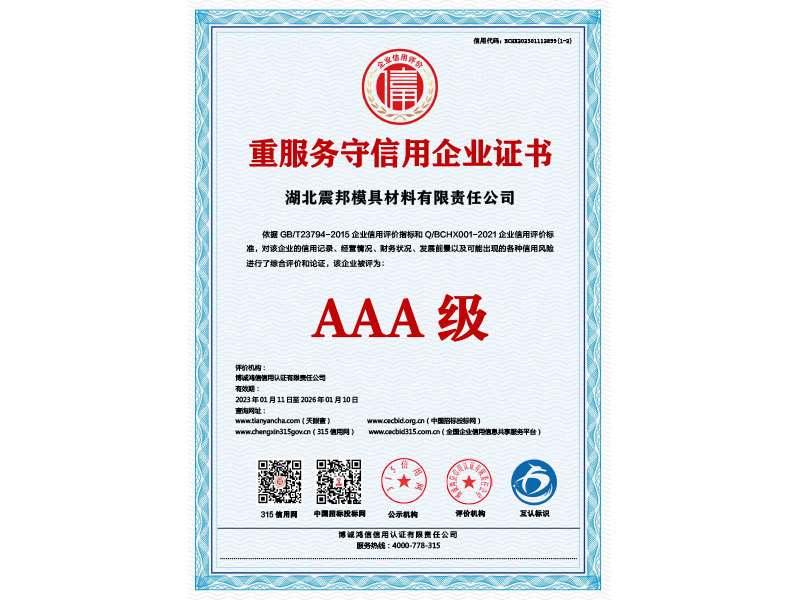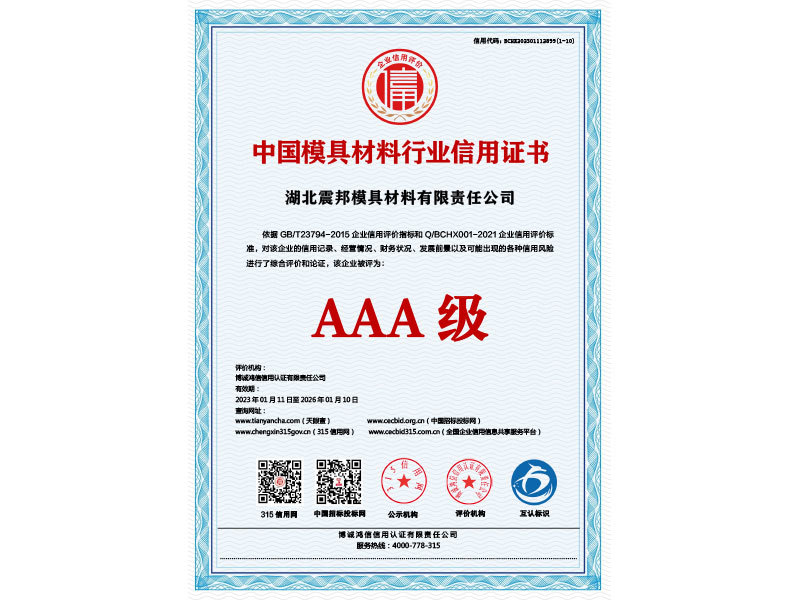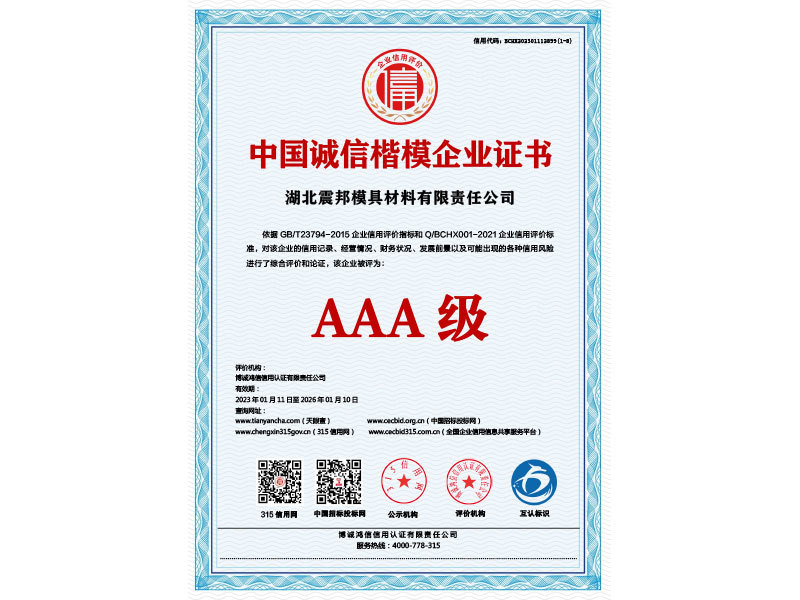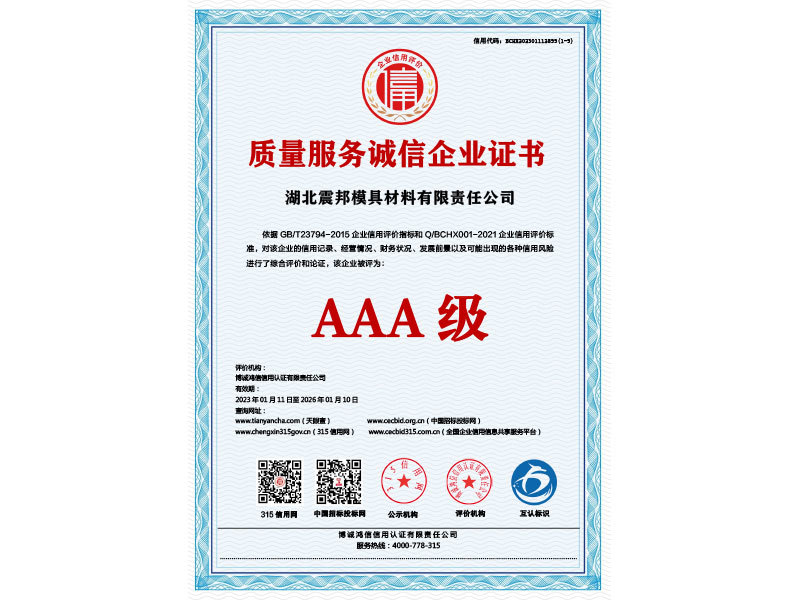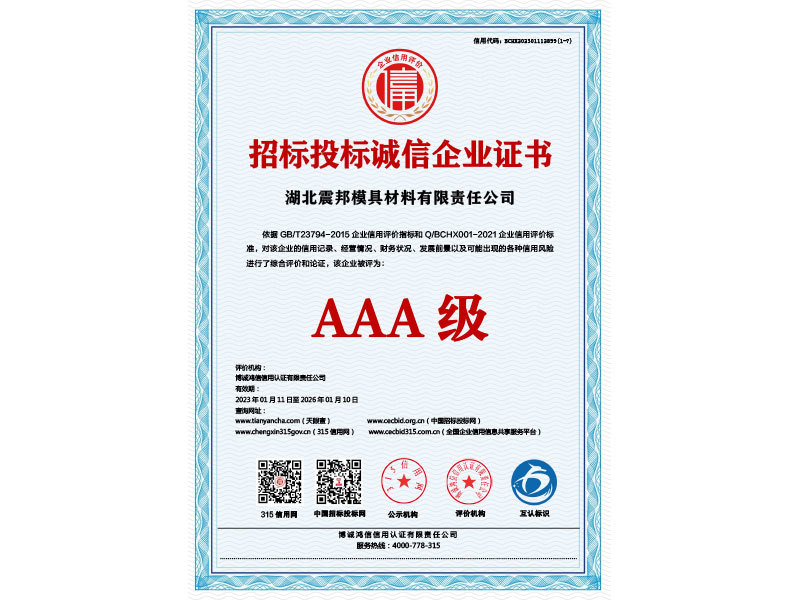PST23F85
Category:
7CrSiMnMoV has the characteristics of low alloy flame quenching cold work die steel, with the core advantages of "flame quenching + toughness and wear resistance + economy and high efficiency", which is an ideal material for on-site repair of large dies and simple die manufacturing.
Contact:
Production Process









Details
Product Parameter
| Steelgrade(GB) | Comparison of Steel Grades by Country | Technical Conditions | Chemical Constituents | ||||||||||||||
7CrSiMnMoV |
CH-1 |
GB/T 1299-2014 | C | Cr | Mo | V | S | P | Si | Mn | Ni | W | Al | Cu | Nb | Co | B |
0.65 ¦ 0.70 | 0.90 ¦ 1.20 | 0.20 ¦ 0.50 | 0.15 ¦ 0.30 | ≤0.010 | ≤0.030 | 0.85 ¦ 1.15 | 0.65 ¦ 1.05 | ≤0.25 |
|
|
|
|
|
| |||
7CrSiMnMoV has the characteristics of low alloy flame quenching cold work die steel, with the core advantages of "flame quenching + toughness and wear resistance + economy and high efficiency", which is an ideal material for on-site repair of large dies and simple die manufacturing.
Smelting Method
Core process: adopting electrostatic remelting (ESR) refining process;
Through ESR deep purification, the contents of sulfur, phosphorus and non-metallic inclusions are significantly reduced, and the microstructure uniformity is improved.
The vacuum degassing technology is used to control the oxygen content (≤ 20 ppm) to prevent the white spot defect;
Process Characteristics
Heat treatment process
Process | Parameter | Target effect |
Annealing | 780~820℃slow cooling | Hardness ≤230 HB,easy to process |
Flame quenching | Flame heated to 900 ~ 1000 ℃, air cooled | Surface hardness ≥58 HRC,hardened layer depth 2 ~ 5mm |
Whole quenching | 880~920℃oil cooling + 180~200℃ tempering | Whole hardness 58~63 HRC |
Innovative process | Nitrate bath quenching (160~180℃)+ twice tempering | Bending strength ≥4100 MPa,impact energy≥150 J/cm² |
Forging process
Multi-direction upsetting and drawing (forging ratio ≥ 7), initial forging temperature 1100 ~ 1150 ℃, final forging temperature ≥ 850 ℃, avoiding carbide segregation;
Purity
Impurity control: S ≤ 0.030%, P ≤ 0.030%;
After ESR optimization: non-metallic inclusions A/B/C ≤ Grade 1.5 (ASTM E45 standard);
Micro-Structure
Quenched state: lath martensite matrix (wide lath at grain boundary + thin lath in grain) + a small amount of twin martensite; The dispersed carbides (Cr7C₃、Mo₂C) are evenly distributed.
Tempered state: tempered martensite structure, grain size ≥ ASTM 8;
Impact Work
Conventional process: impact energy at room temperature ≥ 50 J (matrix hardness HRC 40 ~ 45);
Optimized process: impact toughness ≥ 150 J/cm ² (hardness 60 ~ 63 HRC) after nitrate quenching and tempering;
Ultrasonic Flaw Detection
Industry standard: SEP 1921/ASTM A388; Grade: high quality grade: defect ≤ Φ1 mm equivalent (for precision parts):
Ex-Factory Status
Annealed state: hardness ≤ 229 ~ 241 HB (smooth round/black fur round);
Size Specification
Type | Size range | Surface treatment |
Round steel | Φ5.5~350 mm × 1~6 m | black skin/fine grinding (Ra≤0.8μm) |
Plate steel | Thickness 0.1~180 mm × W 1220~2440 mm | Hot rolling/milling/mirror |
Wire steel | Φ3.0~30 mm (peeling and cold drawing) | special for precision cutter |
Product Main Features
Flame quenching characteristics: local acetylene flame heating air quenching (≥ 58 HRC), no overall heat treatment, deformation risk reduction of 90%;
Balance of strength and toughness: bending strength ≥ 4100 MPa, compressive strength ≥ 5300 MPa, superior to Cr12MoV4;
Wear resistance and economy: wear resistance is superior to T10a and 9Mn2V, and the cost is 2/3 lower than that of imported steel;
Machining friendliness: the cutting performance in the annealed state is similar to that of 45 steel, and the flame quenching area needs to be machined by CBN tools;
Product Application Area
Area | Typical component | Performance adaptation point |
Repair of large die | automobile panel trimming The edge of the die | strengthened by flame quenching on site without disassembly. |
Special forming tools | Thick plate fine blanking die, glass mold | parting surface local high hardness (≥ 58 HRC) |
The compressive strength of the expanding die | strength of the expanding die/cone of the expanding die steel | pipe is ≥ 5300 MPa, and the service life is 20,000-30,000 pieces. |
Simple and economic mold | trial mold, small batch production mold | rapid quenching + low cost |
Packing and Shipping
Generally, packing and transportation will be arranged according to the customer's requirements, whether to pack and arrange the appropriate mode of transportation, vehicles, such as whether to directly load and transport, whether to pack steel belts, whether to pack and spray marks, etc.







Keywords:
PST23F85
FAQ
Q How should I choose the right die steel material for my die?
Ans: There are several key factors to consider when selecting a die steel, including: Mold use: injection molding? Die casting? Stamping? Cold work? Hot work? Processing material: plastic type (including glass fiber?) , metal type, yield requirements. Performance requirements: wear resistance, toughness, corrosion resistance, high temperature strength, polishing, dimensional stability. Budget: The price of different material grades varies greatly. Processing conditions: working temperature, stress, cooling mode. Suggestion: Provide as much detail as possible about the application of the die, or contact our technical sales team directly, and we will recommend the most suitable material grade according to your specific needs.
Q Is the die steel provided by you genuine? How to ensure the quality of materials?
Ans: Yes, the die steel we provide is produced and processed independently. We have long-term cooperation with first-line brands at national and abroad to ensure that all materials are genuine. We provide a complete original warranty (material certificate), including key data such as chemical composition and physical properties. We will also carry out strict factory re-inspection of some materials to ensure that the quality meets the standards.
Q The price of die steel fluctuates greatly. What are the main factors affecting the price?
Ans: The price of die steel is mainly affected by the following factors: Raw material cost: market price fluctuation of alloy elements (such as chromium, molybdenum, vanadium, tungsten, etc.). Production process: ESR, VD/VAR and other special processes increase the cost. Grade and brand of material: The price of material with high performance and famous brand is higher. Specifications and sizes: Premium prices may apply for special sizes, large sizes, or small quantities. Market supply and demand: changes in supply and demand in global and regional markets. Processing state: the price of pre-hard state (such as P20, 718, NAK80, etc.) Is higher than that of annealed state. We will provide a transparent and reasonable quotation according to the market situation.
Q What is time for delivery?
Ans: The delivery time depends on: Material inventory status: Common brands and specifications We usually have in stock, can achieve faster delivery (for example: 1-3 working days). Material specification and status: special size, uncommon brand or special treatment (such as pre-hardening, deep processing) may need to be ordered, the cycle is relatively long (for example: 1-6 weeks). Order size: Large orders may require coordinated production scheduling. Please tell us your specific requirements (brand, specification, status, quantity) at the time of inquiry, and we will provide the most accurate delivery information.
Q Can you provide heat treatment or processing services after the purchase of die steel?
Ans: Yes, we provide complementary professional services: Heat treatment: With professional heat treatment equipment (vacuum quenching, cryogenic treatment, tempering, etc.) And strict process control, we can provide customers with precise heat treatment services (according to material brand and hardness requirements). Finish machining: We can provide precision machining services such as milling, grinding (surface grinding, internal and external grinding), wire cutting, EDM, etc. According to customer's drawings. Please provide your specific needs (drawings, technical requirements), and we will evaluate and provide quotations and service programs.
Q The mold cracks and wears too fast during use. What are the possible reasons? Is it related to the material?
Ans: The causes of mold failure are complex and diverse, which may be related to materials, but also involve many links such as design, processing, heat treatment, service conditions, etc.: Material factors: improper selection of materials (performance does not match the working conditions), internal defects of materials (inclusions, segregation), counterfeit and shoddy materials. Heat treatment factors: Improper process leads to poor structure, uneven hardness and excessive residual stress. Design/processing factors: stress concentration, poor surface roughness, too deep tool marks. Usage factors: overload, insufficient lubrication, poor cooling, improper maintenance. Suggestion: In case of failure, please provide detailed information as much as possible (material grade, heat treatment status, photos of failure location, description of working condition). Our technical team can assist you in preliminary analysis to determine whether it is related to the material or provide suggestions for improvement.
Q Do you have a minimum order quantity (MOQ) requirement for your die steel products?
Ans: For the stock of conventional grades and specifications, we usually do not have strict MOQ restrictions, and can be purchased according to the actual needs of customers. For materials requiring special orders (such as unusual grades, special sizes, customized heat treatment/processing), Certain MOQ requirements may be set to ensure the economy of production, usually a minimum of 8 tons. Please consult our sales staff for specific MOQ before placing an order.
Q In addition to standard grades, can you offer special die steels with custom compositions?
Ans: We mainly deal in standard grades of die steel, which are widely proven to meet the needs of most applications. For the development of customized alloys with special performance requirements, this usually involves a large amount of R & D investment and production coordination, which is costly and takes a long time. We recommend that priority be given to the material closest to the demand from among the existing mature grades, or to meet special requirements by optimizing the heat treatment and surface treatment. If there is a need for customization, please specify the technical requirements and we will evaluate the feasibility.
Other Related Products
Qualifications
Production equipment

Gantry Milling Machine

Lathe

Sawing Machine

3000-Ton Stamping Presses

Annealing Furnace

Laboratory Hydrogen Oxygen Nitrogen Gas Analyzer

Forge Hammer

Vacuum Degassing Furnace

Steelmaking Workshop Production

Steelmaking Production Operations

Production of Steel Ladles

Producing Electric Arc Furnace

Steel Production

Refined Furnace Exterior Photo

Refining Furnace Operating Room
Leave a message

Address: No. 128, Zhang Zhihe Avenue, Dapaishan Village, Xisaishan District, Huangshi City, Hubei Province


